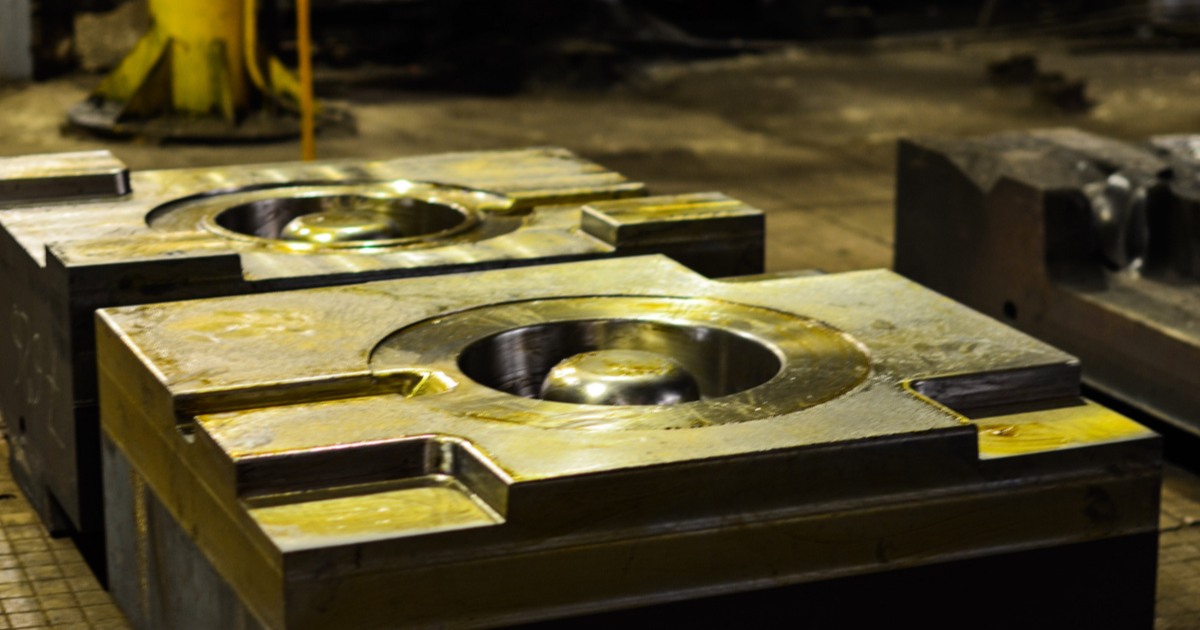Finest Practices for Maintenance and Applications in the Light Weight Aluminum Foundry Field: An In-depth Summary
Keeping devices in the light weight aluminum factory sector is crucial for operational success. Regular evaluations and predictive upkeep can significantly decrease downtime and enhance safety and security. Advanced innovations, such as IoT and data analytics, play a crucial function in this procedure. Comprehending the complete scope of best methods calls for a closer evaluation of certain approaches and their impacts on effectiveness. What are the essential components that contribute to a reliable upkeep structure?
Importance of Routine Maintenance in Aluminum Foundries
Routine maintenance plays a necessary duty in the reliable operation of aluminum foundries. By systematically checking and servicing tools, shops assure peak efficiency and long life of equipment. Normal upkeep activities, such as cleaning, component, and lubrication substitute, assistance stop unforeseen malfunctions that can cause expensive downtime.
Furthermore, routine checks boost office security by identifying potential threats prior to they escalate right into severe concerns. Equipment that is well-maintained runs better, leading to boosted product high quality and decreased waste. Additionally, adherence to an organized maintenance timetable can support conformity with industry guidelines, thereby fostering a credibility for integrity and quality within the marketplace.
Applying Anticipating Maintenance Strategies
Predictive upkeep techniques take the concepts of regular maintenance an action further by leveraging data analytics and progressed monitoring innovations. In light weight aluminum foundries, these techniques make it possible for operators to expect devices failings before they happen, therefore reducing unexpected downtimes and maximizing functional efficiency. By using sensing units and IoT devices, real-time data can be accumulated on machine efficiency, enabling the identification of potential problems via anticipating analytics.
Optimizing Melting and Putting Procedures
Efficient melting and putting procedures are vital for maximizing performance and assuring the quality of aluminum castings. To enhance these processes, foundries ought to concentrate on exact temperature level control throughout melting, as this straight influences the metallurgical residential properties of the alloy. Making use of advanced melting technologies, such as induction and resistance melting, can improve power performance and reduce cycle times.
Furthermore, implementing automated pouring systems minimizes human error and maintains uniformity in the putting procedure. Proper mold and mildew prep work, including sufficient preheating, is important to protect against thermal shock and boost mold and mildew durability.

Enhancing Security Procedures in Factory Procedures
Prioritizing security in aluminum foundry operations is important for shielding employees and assuring an effective setting. Reliable safety and security methods consist of normal training sessions that stress the relevance of individual safety tools (PPE), such as safety glasses, headgears, and gloves. Additionally, the establishment of clear emergency situation treatments is necessary in handling potential crashes.
Normal examinations of devices and machinery aid determine risks before they rise into serious concerns. Carrying out a robust coverage system motivates workers to connect security concerns without anxiety of effect. Additionally, visit homepage fostering a society of safety warranties that every worker understands their function in maintaining a safe workplace.
On top of that, guaranteeing correct ventilation and surveillance air quality can alleviate exposure to dangerous fumes and dust. By enhancing these practices, aluminum shops can significantly lower the risk of mishaps and develop an environment where employees really feel valued and secure, inevitably enhancing general functional performance.
Leveraging Technology for Improved Effectiveness
Utilizing innovative modern technology has original site actually ended up being increasingly important for light weight aluminum shops aiming to enhance functional efficiency. Automation and robotics play a vital duty in enhancing production processes, lowering labor expenses, and minimizing human mistake. Carrying out real-time monitoring systems permits for the continual evaluation of equipment efficiency, enabling aggressive maintenance and lowering downtime.
The combination of information analytics offers valuable understandings right into operational process, facilitating much better decision-making and resource allowance. Predictive analytics can determine potential failings before they happen, more optimizing upkeep schedules.
In addition, adopting advanced melting and casting technologies boosts power effectiveness and material yield, which are essential for sustainability in the sector. By welcoming these technological developments, light weight aluminum shops can not just boost productivity but also preserve an one-upmanship in a progressively requiring market (Casting Foundry). Inevitably, leveraging technology is pivotal in driving innovation and enhancing general operational effectiveness within the market

Often Asked Questions
What Are Usual Indications of Equipment Use in Aluminum Foundries?
Typical signs of devices wear in aluminum shops include uncommon sounds, reduced performance, enhanced resonance, overheating components, leakages, and visible rust. These indications commonly signal the requirement for upkeep or potential replacement to stay clear of costly downtime.
Exactly How Can I Train Team for Effective Maintenance Practices?
To educate team for other efficient maintenance methods, one can apply hands-on workshops, develop complete guidebooks, encourage mentorship programs, and carry out normal assessments to assess abilities and expertise, ensuring all employees comprehend upkeep methods thoroughly.
What Are the Environmental Laws for Aluminum Foundries?
Light weight aluminum shops undergo various environmental policies, including discharges control, waste administration, and source preservation. Conformity warranties marginal ecological influence, advertising sustainability while sticking to neighborhood, nationwide, and global ecological criteria and laws.
Just How Do Shops Take Care Of Waste and Recycling of Light weight aluminum?
Shops take care of waste and recycling by applying systems for accumulating scrap light weight aluminum, making use of sophisticated separation innovations, and working together with recycling centers to assure reliable recovery procedures, consequently lessening environmental impact and advertising sustainability within the sector.
What Are the Expenses Connected With Executing Advanced Technologies?
Executing advanced modern technologies in factories incurs significant prices, including initial financial investment, training, and maintenance expenses. The lasting benefits, such as raised effectiveness and reduced waste, usually validate these expenses, leading to improved productivity. (aluminum casting company)
